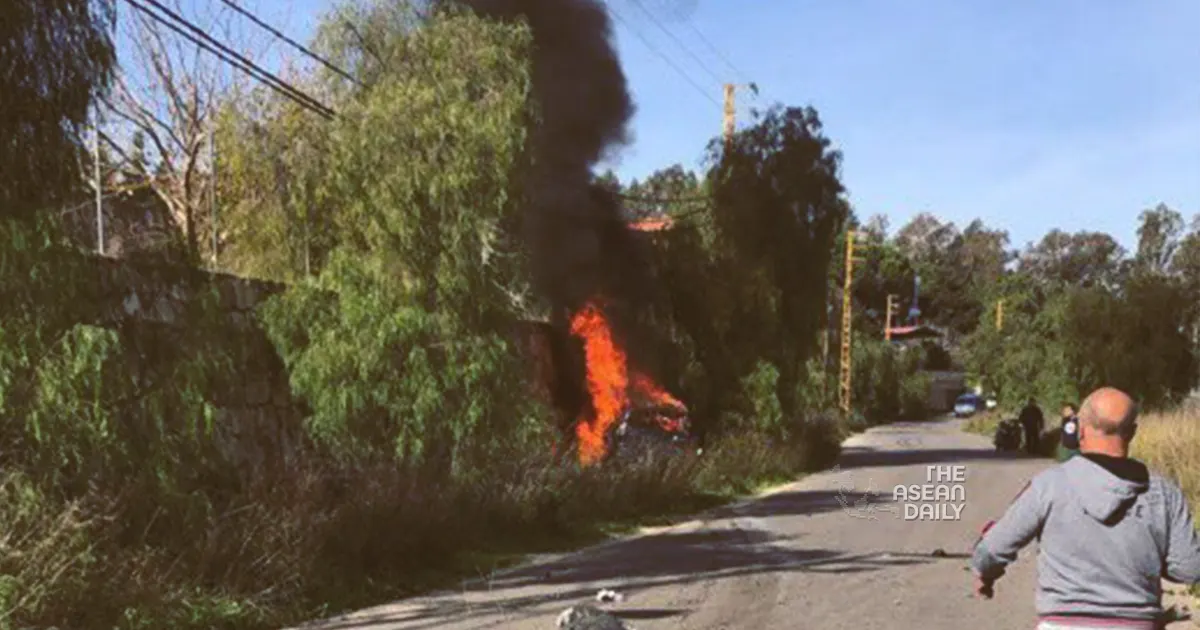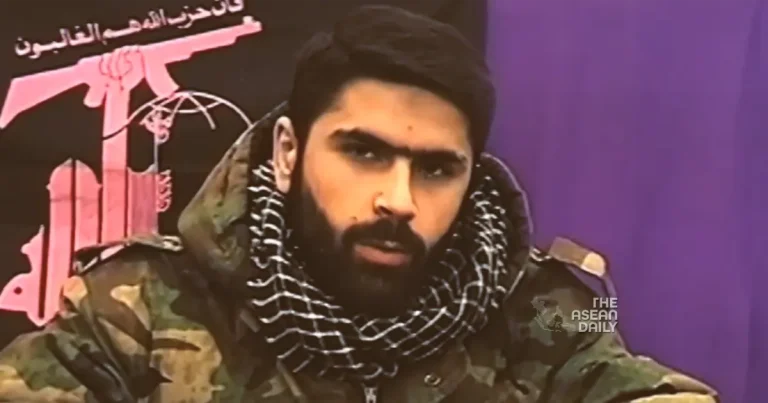9-1-2024 (TEL AVIV) Israel launched a strike in south Lebanon, resulting in the death of Wissam Tawil, a high-ranking commander of Hezbollah’s elite Radwan forces. This marked a pivotal moment after three months of heightened tensions along the Lebanese-Israeli frontier.
Tawil, a key figure within Hezbollah, played a crucial role in directing operations in the southern region, making his demise a substantial blow to the militant group. The conflict, ignited when Hamas attacked Israel from Gaza on October 7, has witnessed over 130 Hezbollah fighters, including Radwan members, losing their lives.
This clash between Israel and the Iran-backed Hezbollah marks the deadliest confrontation since their 2006 war. Hezbollah has launched guided rockets and other weaponry at Israeli positions, prompting retaliatory air and artillery strikes. The resulting violence has led to tens of thousands of people evacuating on both sides of the border, raising concerns about a broader conflict.
Tawil met his end, along with another Hezbollah fighter, when their vehicle was struck in the village of Majdal Selm, approximately 6 km from the border. As of now, Israel has not issued any immediate comments on the incident.

Hezbollah, known for its strong presence in the Shiite Muslim community, shared photographs of Tawil alongside leaders such as Secretary General Sayyed Hassan Nasrallah and the late military commander Imad Mughniyeh. Tawil was also pictured with Qassem Soleimani, the late leader of the Iranian Revolutionary Guards’ Quds Force, who was killed in a US drone strike in Baghdad four years ago.
The loss of Tawil, with his extensive experience, including deployments in Syria and Iraq, is a significant setback for Hezbollah. The group maintains that its current campaign against Israel aims to support Palestinians in the Gaza Strip, devastated by Israeli actions since the October 7 attack by Hamas. Despite the intensity of the hostilities, they have been primarily contained to areas near the Lebanese-Israeli border.
Tensions escalated further last week when an Israeli strike killed deputy Hamas leader Saleh al-Arouri in Beirut’s southern suburbs, an area controlled by Hezbollah. Israel has neither confirmed nor denied responsibility for that attack.
Wissam al Tawil, jefe militar de Hezbollah en el sur del Líbano, estaba en este coche. Que se mejore. pic.twitter.com/RlQLgiceSv
— ????????Spain4Israel???????? עם ישראל חי (@Spain4Israel) January 8, 2024
In response, Hezbollah claimed to have targeted a key Israeli observation post with 62 rockets on January 6 as a “preliminary response” to Arouri’s killing.
The list of casualties from the Radwan force includes Abbas Raad, son of a prominent Hezbollah politician, who was killed in an Israeli strike in November.
Hezbollah’s Nasrallah, in televised addresses last week, warned Israel against launching a full-scale war on Lebanon, stating, “Whoever thinks of war with us – in one word, he will regret it.” On January 7, Hezbollah deputy leader Naim Qassem emphasized the group’s reluctance to initiate total war but warned of a full-scale response if Israel decided to wage one.
Amidst these developments, 19 Hezbollah fighters have been killed in Syria since the beginning of hostilities. The Hamas-Israel war has also drawn in Iran-aligned groups across the region, with the Houthis of Yemen targeting ships in the Red Sea and launching missiles and drones at Israel. Tehran-backed militias in Iraq have attacked US forces in Iraq and Syria, indicating a broader regional entanglement.




